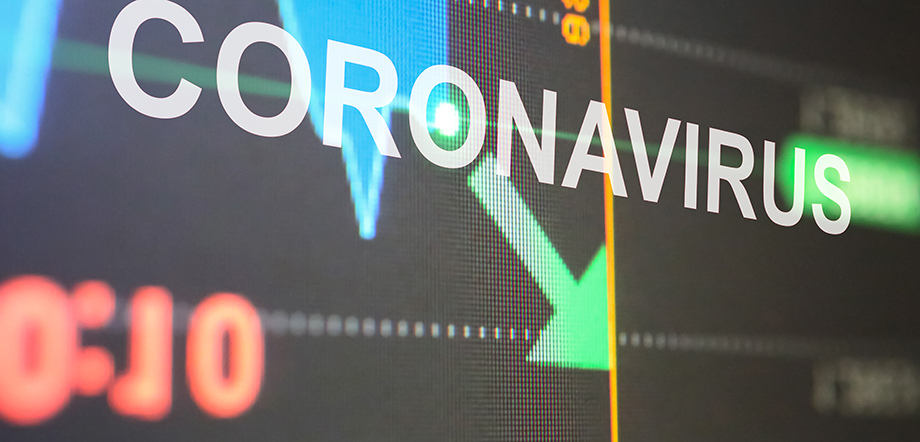Client Alerts
Deadline Looms for NCAA Schools to Certify Compliance and Benefit From Concussion-Related Medical Monitoring Settlement
March 2020

Client Alerts
Deadline Looms for NCAA Schools to Certify Compliance and Benefit From Concussion-Related Medical Monitoring Settlement
March 2020
What You Need to Know
- The NCAA’s medical monitoring settlement in the multidistrict litigation’s Arrington Matter requires NCAA-member institutions — regardless of whether these schools are defendants in the ongoing single-school, single-sport litigation — to certify compliance with the settlement terms by May 18, 2020, to benefit from the settlement agreement’s release.
- While compliance is entirely voluntary, the benefits of the release are likely to be worth the cost of compliance and certification, since the settlement terms are premised, in part, on existing NCAA protocols, were thoroughly negotiated between plaintiff and defendant constituencies, were approved in their final form by the court, and may “set the bar” for standard of care in current and future litigation.
- NCAA-member institutions should thoroughly document their review of and compliance with the medical monitoring settlement terms, not only to benefit from the settlement agreement release terms but also to protect against current and future claims not within the scope of the settlement agreement release.
Summary of Development
In August 2019, the court entered final approval of the “medical monitoring” settlement in a nationwide class action known as In re: National Collegiate Athletic Association Student-Athlete Concussion Injury Litigation (MDL No. 2494/Master Docket No. 1:13-cv-09116 (N.D. Ill.). That settlement (the “Settlement”) took place between the National Collegiate Athletic Association (“NCAA”) and the members of the plaintiff settlement class, consisting of former student-athletes who played an NCAA-sanctioned sport at an NCAA-member institution any time before July 15, 2016. The case arose in 2011 as a putative class action and involved a proposed class of plaintiffs who participated in various college sports at NCAA-member institutions. Pursuant to a court order, the “Effective Date” of the Settlement is November 18, 2019.
The Settlement, in large part, creates various NCAA obligations. Under the Settlement, the NCAA agreed to make changes to its approach to concussion treatment and prevention, and to establish a $5-million fund for concussion research. Players will now receive a seasonal baseline test to better assess concussions sustained during the season. Athletes who have sustained a concussion will now have to be cleared before returning to play. Further, a medical professional trained in the diagnosis of concussions will be present at all contact-sport games. The Settlement also provides reporting mandates for concussions and their treatment.
The NCAA also agreed to establish a 50-year medical monitoring program, to be overseen by a medical science committee appointed by the court, that will screen and track concussions. The measures provided under the Settlement will give qualifying student-athletes access to medical screening and evaluation to assist their treating physicians with their whole health care. The monitoring program will be funded by a $70-million medical monitoring fund, paid for by the NCAA and its insurers. According to a February 21, 2020, Joint Status Report filed with the court, the parties to the Settlement are working on a comprehensive publication plan announcing the launch of the program that will include press releases, e-mail and social media notices, and sponsored internet search listings.
While the Settlement is effective between the settlement class of plaintiffs and the NCAA only, and no schools directly, it has important implications for NCAA-member institutions and their concussion-related policies and procedures. Specifically, NCAA-member institutions can benefit from a Release from certain legal claims that might otherwise be brought by former student-athletes who are members of the Settlement class. The key provisions affecting NCAA-member institutions include the following.
- The Release refers to the release and discharge, as of the Effective Date, by all settlement class members of any claims for medical monitoring relief of any kind for concussions or sub-concussive hits or contact. The Settlement is distinct from the hundreds of single-sport, single-school cases pending in the Northern District of Illinois under In re: National Collegiate Athletic Association Student-Athlete Concussion Injury Litigation (MDL No. 2494/Master Docket No. 1:16-cv-08727 (N.D. Ill.). The Settlement does not affect the activities or outcomes in those cases, and the Release does not prevent similar new cases from being filed.
- To benefit from the Release, an NCAA-member institution must submit a written certification that it has put a concussion management plan in place that meets the requirements described in the Settlement regarding the adoption of certain protocols for training, reporting, and managing concussions. Institutions that do not complete this certification may be subject later to claims for concussion-related medical monitoring.
- Written certifications are due to the Special Master, Class Counsel, and Notice Administrator within six months of the Settlement’s Effective Date of November 18, 2019, which means schools will have to deliver their written certifications on or before May 18, 2020. If an NCAA-member institution does not submit the written certification by May 18, 2020, it will be unable to benefit from the Release of claims contained in the Settlement. The court has appointed a Program Administrator with the expectation that a user-friendly platform and electronic signature capabilities will be used in the certification process.
- Many of the NCAA-member institutions’ obligations in the Settlement are similar to or overlap with things NCAA-member institutions may already be doing as part of the existing NCAA health and safety legislation and guidance materials, but certain NCAA-member institutions’ obligations in the Settlement differ from the requirements and recommendations in the NCAA’s legislation and guidance materials. For example, the Settlement and the existing requirements differ with respect to preseason baseline testing, same-day concussion management, return-to-play clearance, presence of medical personnel during contact sport competitions, availability of medical personnel during practices, and reporting processes for diagnosed concussions in student-athletes and their resolution, as well as a reporting mechanism through which anyone can report concerns about concussion management issues to the NCAA.
Unfortunately, the NCAA has provided little guidance with respect to the interpretation of key provisions of the Settlement. In the NCAA’s February 2020 “Frequently Asked Questions” publication, for instance, in response to several questions posed by NCAA-member institutions, the NCAA replied that the Settlement “is a legal document” and encouraged schools to “work with institutional general counsel and/or other risk management staff” with respect to the interpretation and implementation of Settlement terms.
Key Takeaways
- NCAA-member institutions should begin the process of review and compliance with the Settlement terms promptly to ensure timely submission of written certification by May 18, 2020.
- The review and compliance process should be thoroughly documented and preserved for quick and efficient access in the event of a need for current or future litigation.
- While some NCAA guidance as to Settlement has been provided, the NCAA has refused to provide guidance on several key provisions of the Settlement, which may necessitate involving counsel and medical practitioners to ensure proper compliance.
ADDITIONAL INFORMATION
For more information, please contact:
- Kevin M. Young | 216.696.4691 | kevin.young@tuckerellis.com
This Client Alert has been prepared by Tucker Ellis LLP for the use of our clients. Although prepared by professionals, it should not be used as a substitute for legal counseling in specific situations. Readers should not act upon the information contained herein without professional guidance.
